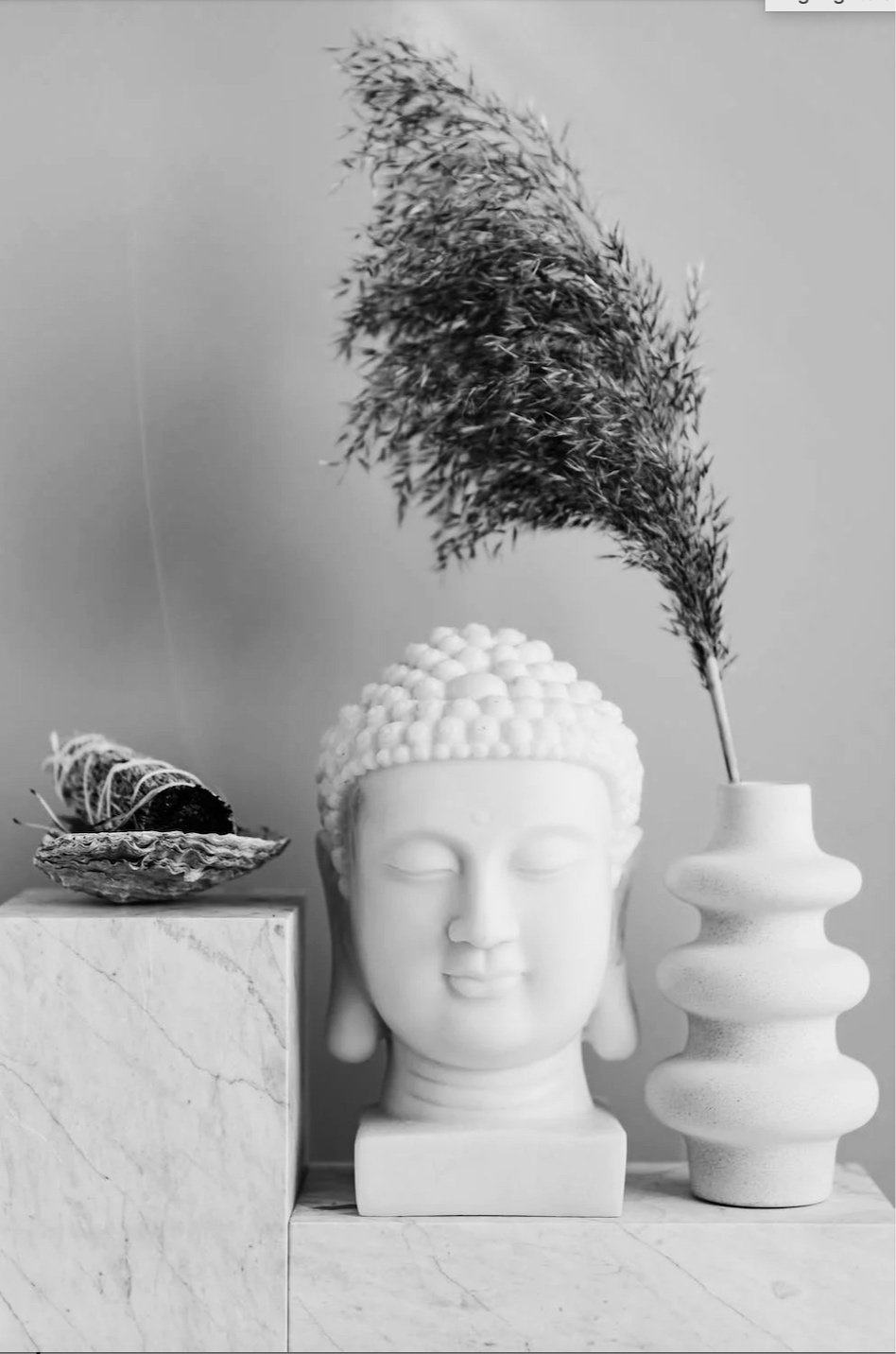The Path to Self-Forgiveness: Embracing the Four Immeasurables
We all make mistakes. We all can be hard on ourselves. And, from a Buddhist perspective, we are all suffering.
It's part of being human. But often, instead of moving forward, we continue live in this space of being hard on ourselves, for whatever reason. We get stuck in cycles of regret, self-blame, and shame. This not only hurts us but prevents growth. Self-forgiveness is essential, and it allows us to let go of the weight of our past mistakes, source the wisdom in those situations, and cultivate a compassionate relationship with ourselves.
But how can we explore self-forgiveness as a practice? The Four Immeasurables (Also known as the Sublime States or Boundless Qualities) of Buddhist teaching provide a beautiful framework.
The Four Immeasurables are:
Loving-kindness (pali: metta) - extending love and goodwill not only to others but also to oneself.
Compassion (pali: karuna) - recognizing the suffering within ourselves and others and responding with understanding and open-heartedness.
Empathetic (or sympathetic) joy (pali: mudita) - celebrating the happiness and success of others, as if we were experiencing it ourselves.
Equanimity (pali: upekkha) - cultivating a balanced even-mindedness and attitude to life.
To embody self-forgiveness, we must first practice self-compassion. Metta teaches us to wish ourselves well, just like we would to those around us. We can respond to the friction and harsh internalized feelings with warmth and curiosity, instead of anger. To cultivate self-forgiveness through loving-kindness, start with simple affirmations: "May I be free from suffering. May I forgive myself for my past mistakes. May I find peace and happiness within."
Compassion recognizes our shared humanity. When it comes to self-forgiveness, compassion allows us to acknowledge our own suffering without judgment. We can remember that it's okay to feel this way, and that we are human, and make mistakes. With compassion we think, "How can I help this soul experiencing temporary struggle, be it myself or another?"
To embody self-forgiveness through empathetic joy, celebrate your progress and remember that your progress is not dimmed by the progress of anyone else. Take a moment and appreciate your growth and timing, and say, "I am proud of the progress I've made. May my journey be filled with joy and self-acceptance."
With equanimity we accept our whole selves, in the instances where we exhibit skillful or unskillful behavior, and embrace the wisdom present. In this state, we can objectively observe what is happening without judgement. Equanimity gives the distance needed to see our actions clearly and make amends if needed, from a calm mind. To embody self-forgiveness through equanimity, practice letting go. Say to yourself, "I witness myself just as I am, and release this negative storyline I am holding. May I be at peace with myself."
With practice, The Four Immeasurables transform self-judgment into self-compassion. We hold our hearts gently, let go of inward-facing grudges, and forgive ourselves freely. We have the power to grant others - and ourselves - boundless goodwill. We discover that true freedom comes not from denying our faults, but accepting ourselves fully, with wisdom and compassion.



